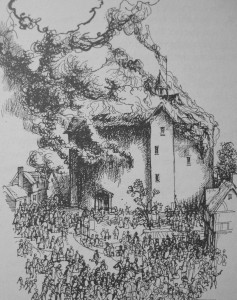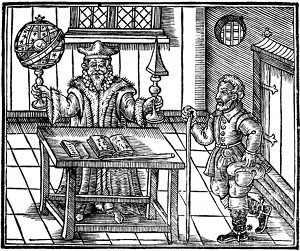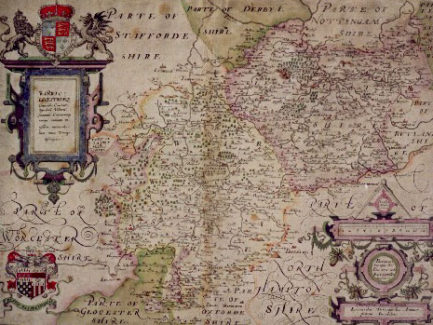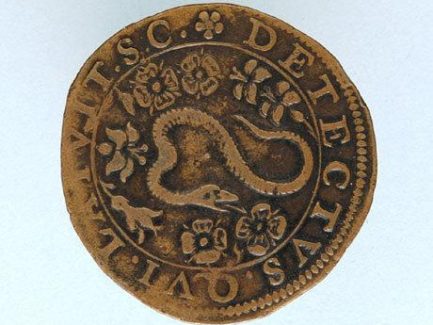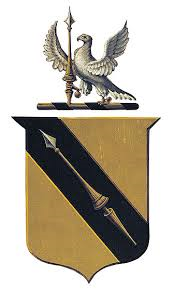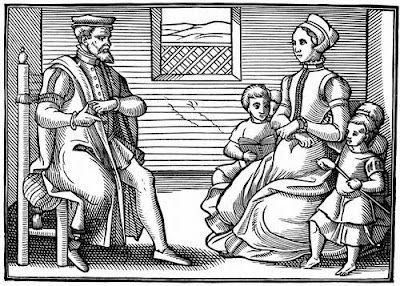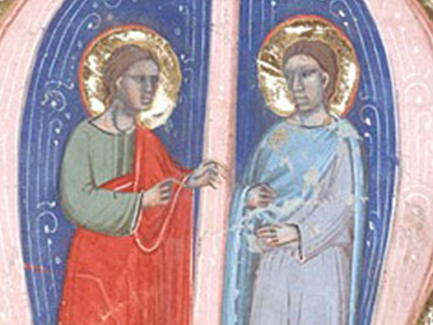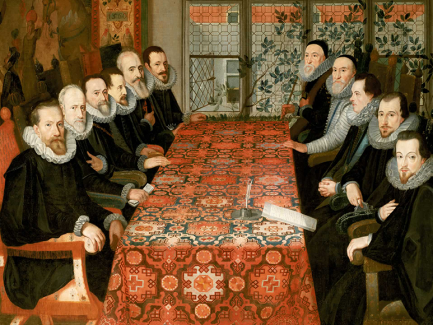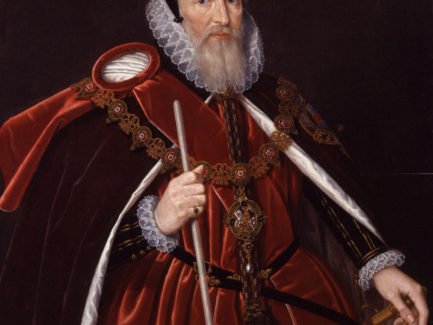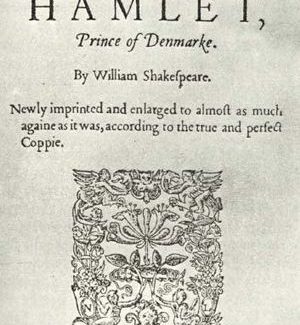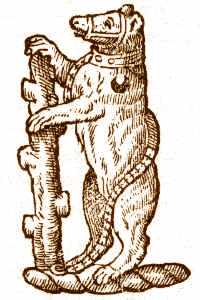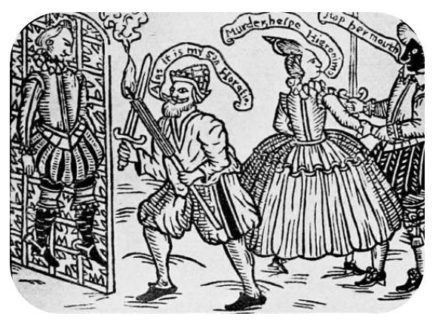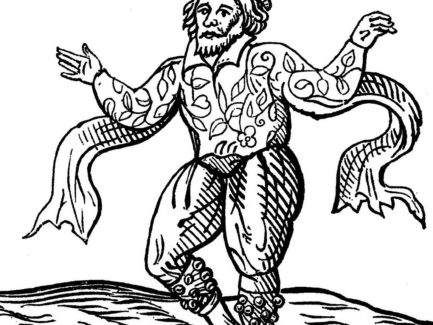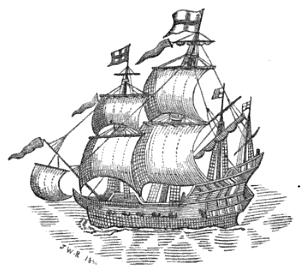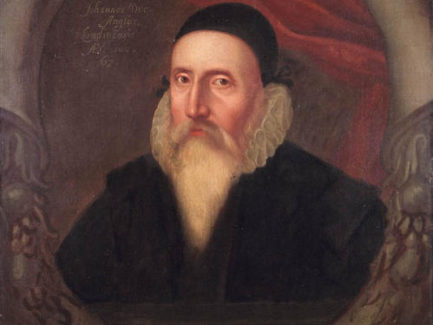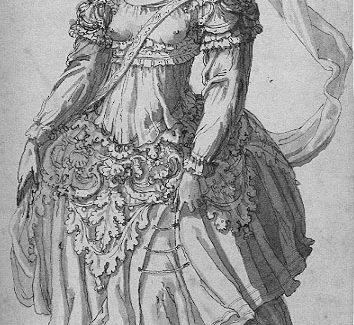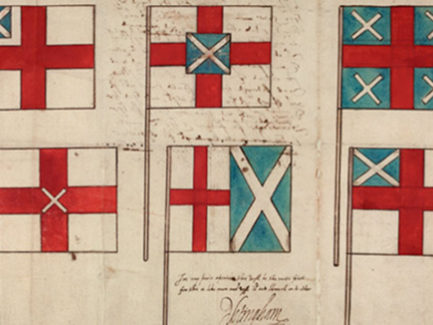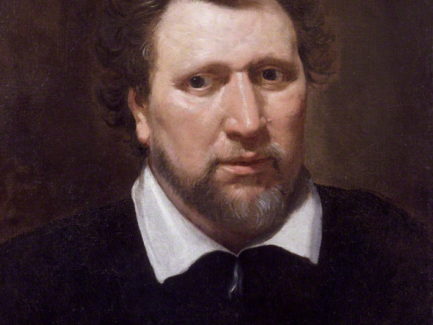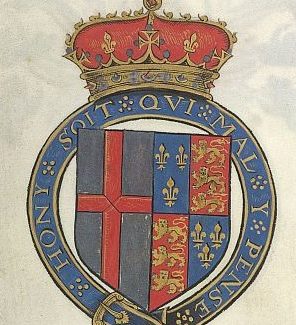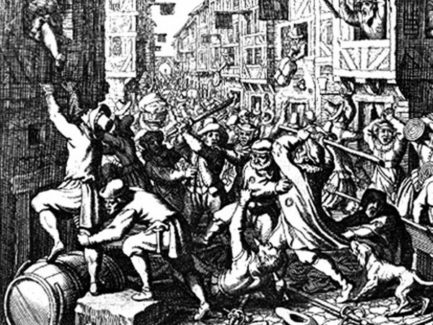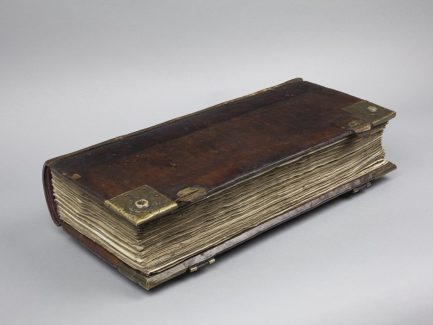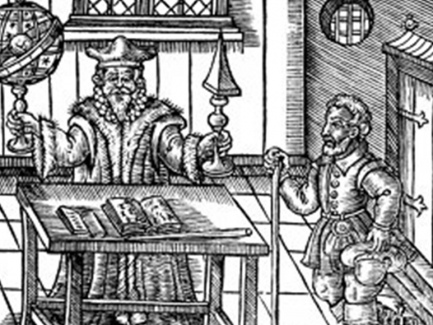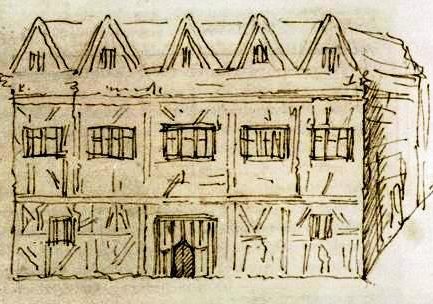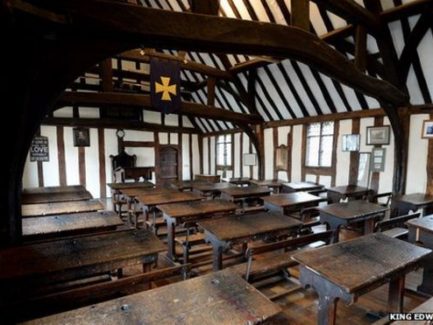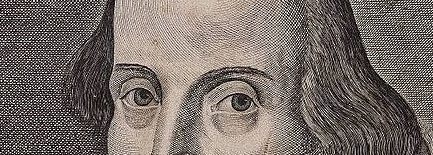Why was Shakespeare’s father brought to court in 1556?
After receiving a royal charter in 1553, Stratford-upon-Avon was given the right to hold its own Court of Record. This court heard civils claims under the value of £30 and enforced a swift resolution of business disputes. One case was brought by Thomas Such against John Shakespeare when he attempted to recover £8 10s from the glover in 1556. The case involved three hearings before it was dismissed by the court and Thomas Such was required to pay John Shakespeare’s expenses. Later that year John Shakespeare brought a case against Henry Field in the same court for the recovery of 18 quarters of barley.
John Shakespeare was intimately familiar with the legal proceedings of the Court of Record in Stratford-upon-Avon. The Court of Record was established when the town was granted a Royal Charter of Incorporation by Edward VI in 1553. It was authorised to hear cases of social misdemeanours and debt cases of up to £30. John Shakespeare had been a constable, whose job was to enforce the rulings of the court, as well as a chief alderman, and eventually the bailiff who presided over court proceedings in 1568. John Shakespeare had also seen his own fair share of personal proceedings, as he himself was called to court on numerous occasions. In 1556, Thomas Such brought a case against John Shakespeare for the recovery of £8 10s. This case involved three hearings before it was dismissed by the court and Such was required to pay John Shakespeare’s expenses. Later that year, John Shakespeare brought a case against Henry Field in the same court for the recovery of 18 quarters of barley.
Like his father William Shakespeare was also familiar with the Court of Record. In 1608 he took legal proceedings against John Addenbrooke for a debt amounting to £6. The Shakespeares’ involvement in protracted legal procedures gave them personal experience of the ‘law’s delay’ and Shakespeare included this in Hamlet’s list of events which might prompt a man to seek to end his life with a ‘bare bodkin’ in Hamlet:
For who would bear the whips and scorns of time,
Th’ oppressor’s wrong, the proud man’s contumely,
The pangs of despised love, the law’s delay,
The insolence of office, and the spurns
That patient merit of th’ unworthy takes,
When he himself might his quietus make
With a bare bodkin?
(Act 3 Scene 1)
© 2017 Shakespeare’s World
To read more about this topic and other events on this day in Shakespeare’s lifetime, you can see our recommendations for further reading and visit our website to buy Shakespeare’s World App or to follow us on social media.




